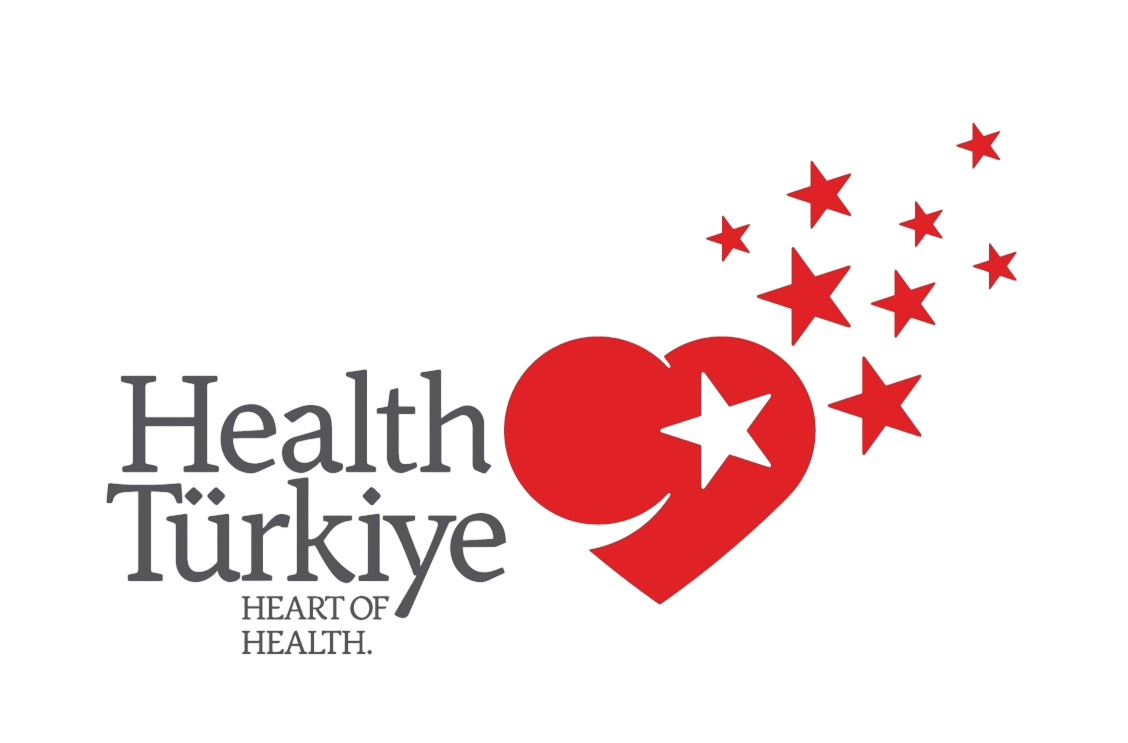What is oral surgery?
Oral surgery refers to any surgical procedure performed in or around your mouth and jaw, usually by a dental specialist who’s trained to perform certain kinds of oral surgeries . Oral Surgery is used in the treatment of disorders in soft tissues like cheeks, lips, palate, tongue, gums, and salivary glands. Oral surgery is performed for infections in the mouth, wounds and tears, and tongue adhesions.
How many different types of oral surgery are there?
There are many types of oral surgery, including surgical procedures such as a tooth removal or a apical resection. Some oral surgeries involve the repositioning of the jaw. In other instances, oral surgery may involve the removal of a tumor.
What are some common types of oral surgery?
Some of the most common surgeries for teeth and jaw include:
- Impacted wisdom tooth
- Gum graft
- Dental Implants
- Maxillofacial surgery
- Apical Resection
- Jaw and teeth repair following an injury
How do I prepare for oral surgery?
Your oral surgery recovery is of critical importance to the outcomes you and your dentists have discussed. Don’t smoke or drink alcohol afterward—they can slow your healing process. If you’re in any pain from swelling, use an ice pack to reduce inflammation. Rather than brushing your teeth, rinse your mouth with mouthwash every few hours to kill off any bacteria. Be patient with yourself. Depending on the type of oral surgery you’ve had, recovery can range from 48 hours to 1 month. Make sure you follow up with your dentist as directed.
What are some good foods to eat after oral surgery?
Soft foods eaten at room temperature are the ideal foods to eat after oral surgery. Avoid consuming anything through a straw and don’t eat any hard, crunchy, or chewy foods.
Oral surgeries are common and can range from simple to complex. It’s important to be prepared and to properly manage your recovery. Set up your recovery space for optimum comfort, give yourself a minimum of 2 days to heal. In that time, consume soft foods and regularly rinse your mouth with mouthwash.






